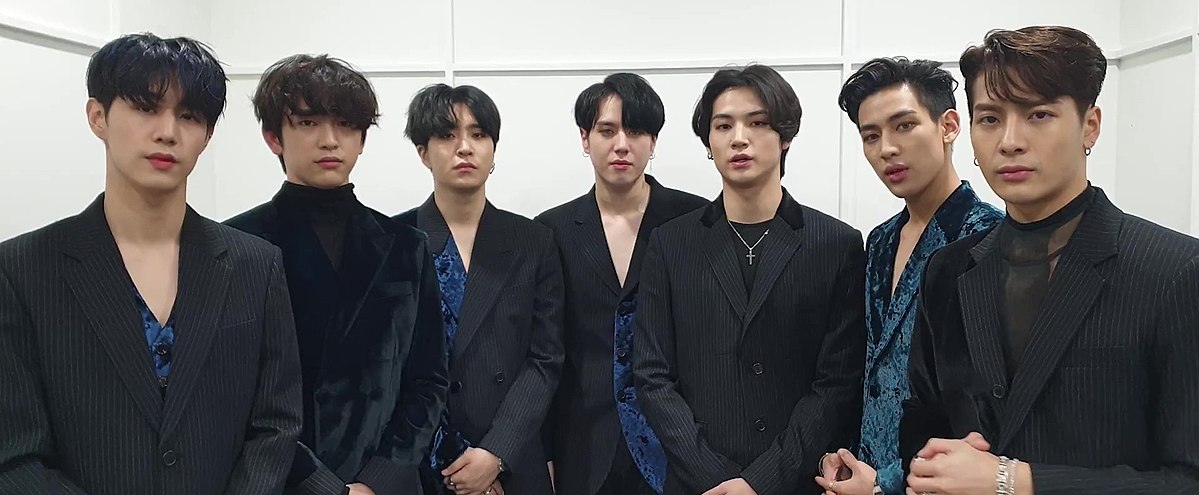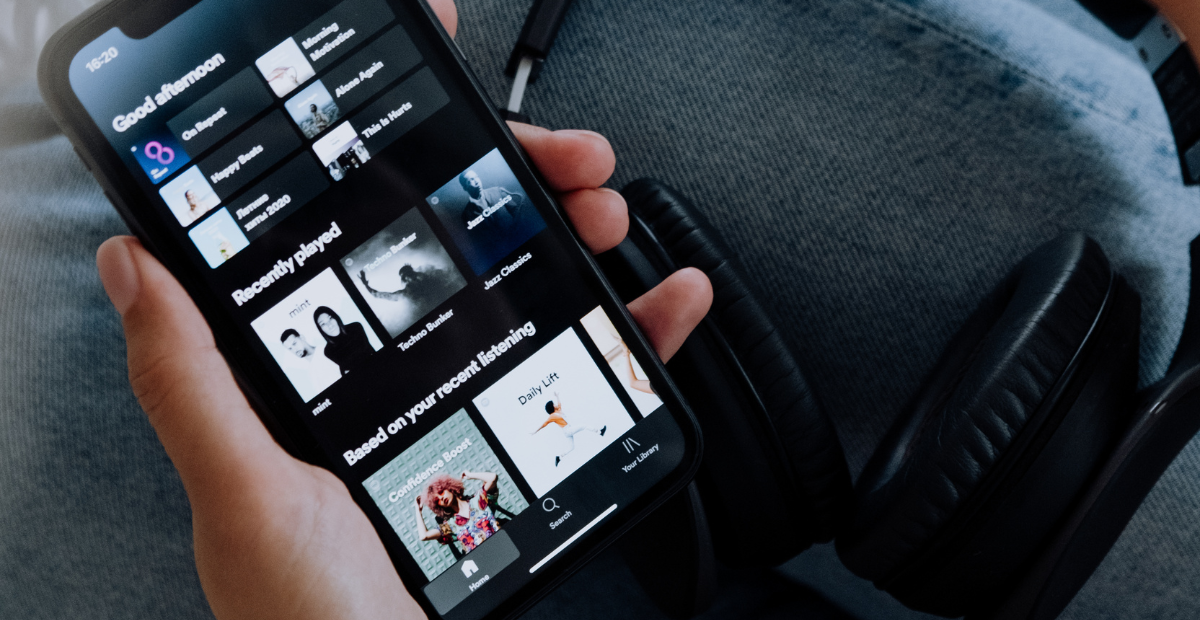Fans, Music, Idols: The Evolving Relationship Over Time

In an era marked by rapid technological advancements and the ubiquity of social media, the realm of music fandom has undergone a profound transformation. Gone are the days when fans’ interactions with their favorite artists were limited to attending live concerts or waiting for the latest album release.
Today, the bond between fans, music, and idols is woven through a digital tapestry that spans across various platforms, creating a multifaceted and interactive world of fandom. This article aims to dissect and understand this modern landscape, examining how technology has reshaped fan experiences, the psychological nuances of fan-idol relationships, and the cultural impact of these evolving dynamics.
By delving into these aspects, we seek to uncover the essence of what it means to be a fan in today’s digital age and how this has altered the music industry as we know it.

What is the Parasocial Relationship Between Idols and Fans?
A parasocial relationship refers to a kind of psychological relationship experienced by an audience in their mediated encounters with performers in the mass media, especially on television or social media.
In the context of music idols and their fans, this term takes on a profound meaning. Fans often develop a one-sided bond with their idols, where they invest emotionally and sometimes even psychologically in the lives of these artists.
This bond is typically intensified through social media and other digital platforms, where fans have access to the curated personal lives of these artists.
The Artist-Fan Relationship: A Dynamic Bond
The relationship between an artist and their fans is not just about idolization or fandom; it’s a dynamic and evolving interaction. With platforms like Twitter, Instagram, and YouTube, artists can share their lives, thoughts, and feelings directly with their audience, creating a sense of intimacy and connection.
This direct line of communication has redefined fan engagement, making it more personal and interactive. Fans don’t just consume music; they participate in the artist’s journey, contributing to a more profound and engaging experience.
Psychology of Music Fandom: More than Just a Hobby
Exploring the psychology of music fandom reveals fascinating insights into human behavior and social dynamics. For many, being a fan is not just about the music or the artist; it’s about being part of a community, sharing experiences, and expressing one’s identity.
The rise of K-pop globally, for instance, has spawned numerous studies on fandom. Terms like “escapism and motivation,” “positive psychosocial outcomes,” and “social identity theory” are often associated with K-pop fandom, highlighting how being a fan can influence one’s well-being and sense of belonging.
Who Has the Most Loyal Fans in Music?
While it’s challenging to quantify loyalty, certain music genres and artists have notoriously devoted fan bases. These fans go beyond just consuming music; they actively participate in fan labor, creating fan art, organizing events, and even engaging in social causes. K-pop groups like GOT7 have fans who not only consume their music but also engage in creative endeavors, reflecting an alternative form of the creative industry driven by fan labor.

K-Pop Fans’ Identity and the Meaning of Being a Fan
The identity of a K-pop fan is multifaceted. It’s not just about liking a genre; it’s about being part of a global community that shares common interests, values, and experiences.
This identity is often shaped by the media they consume and the participatory culture in the Web 2.0 era. Fans find themselves navigating between their real-life identities and their fan identities, often finding a sense of purpose and belonging in the latter.
Escapism and Motivation: Understanding K-Pop Fans’ Well-being and Identity
K-pop fandom is often associated with escapism, where fans find solace and motivation in the music and community.
This escapism isn’t necessarily negative; it can provide relief from the stresses of everyday life and offer a sense of inspiration.
Understanding this aspect of K-pop fans’ well-being is crucial in comprehending the deeper emotional connection they share with the music and the idols.
Positive Psychosocial Outcomes and Fanship in K-Pop Fans: A Social Identity Theory Perspective
From a social identity theory perspective, being a fan can lead to positive psychosocial outcomes. This theory suggests that people derive part of their identity from the groups they belong to, and for many fans, their fandom community is a significant part of their social identity.
This sense of belonging can lead to increased self-esteem, a sense of purpose, and even happiness.
Parasocial Relationships: Beyond the Music
Parasocial relationships, especially in the context of music fandom, have grown more intricate with the advent of social media.
Fans feel a close connection to artists who they might never meet in person, but who play a significant role in their lives. These relationships are characterized by loyalty, emotional attachment, and sometimes even a sense of kinship or friendship.
Exploring the Relationships Between K-Pop Fans’ Identities and Media Consumption in the Web 2.0 Era
The Web 2.0 era has revolutionized how fans consume media. The interaction is no longer unidirectional; fans are not just passive receivers of content.
They actively engage, create content, and have a voice in the digital landscape. This interactive media consumption has given fans more power and a platform to express their identities, opinions, and creativity.
K-Pop Fan Labor and an Alternative Creative Industry: A Case Study of GOT7 Chinese Fans
The phenomenon of fan labor, especially in the K-pop industry, is a testament to the changing dynamics of the music industry. Fans are no longer just consumers; they are creators, promoters, and even protectors of their idols’ images.
The case study of GOT7’s Chinese fans illustrates how fan labor can transcend traditional industry roles, creating an alternative creative industry powered by passion and dedication.
Between Universes: Fan Positionalities in the Music World
Fans often navigate between multiple universes – their everyday lives and their identities as fans. This navigation involves balancing their personal, professional, and fan lives, often merging or keeping them distinct based on circumstances.
Understanding these positionalities is key to comprehending the full scope of the fan experience.
Technology’s Role in Reshaping Fan Experiences
The advent of technology, particularly social media and streaming platforms, has fundamentally altered how fans experience and engage with music. In the past, fan experiences were largely limited to buying albums, attending concerts, and participating in fan clubs.
Today, these experiences have expanded into the digital realm, offering fans a myriad of ways to connect with their idols and fellow fans.
Streaming platforms like Spotify and Apple Music allow fans to access a vast array of music at their fingertips, often accompanied by curated playlists and personalized recommendations that enhance their listening experience.

Social media platforms have become crucial in shaping the artist-fan relationship. Artists use these platforms not just to promote their work but to share their personal stories, thoughts, and daily activities, creating a sense of closeness with their fans.
This direct interaction has led to a more engaged and active fan base, where fans not only support their idols through streaming and purchases but also by defending them on social media, creating fan art, and participating in fan-driven charity initiatives.
The immediacy of these platforms also allows fans to react in real-time to new releases, concerts, and other events, creating a dynamic and interactive music consumption experience.
Cultural Impact of Music Fandom
Music fandoms have also evolved into cultural phenomena that transcend mere appreciation for music. They are now communities with their own norms, language, and traditions.
In some cases, they have even influenced societal norms and sparked social movements. K-pop fandoms, for example, are known for their organized efforts in social causes, such as fundraising for charities and mobilizing for political actions.
Similarly, fans of various artists have come together to raise awareness on issues like mental health, equality, and human rights, showcasing the power and influence these communities wield.
Furthermore, music fandoms have become melting pots of global cultures, breaking down geographical and cultural barriers. Fans from different parts of the world come together, united by their love for an artist or genre.
This has led to a more inclusive and diverse music culture, where cross-cultural exchanges are commonplace. Fans are exposed to new languages, traditions, and perspectives, enriching their understanding and appreciation of different cultures.
This cultural exchange not only broadens the fan’s worldview but also fosters a sense of global community and solidarity.
In conclusion, the relationship between fans, music, and idols is an ever-evolving tapestry woven with threads of technology, culture, and community.
As this relationship continues to develop in the digital age, it holds the potential to not only shape the future of the music industry but also to impact broader societal and cultural landscapes.
The power of music fandom, fueled by passion and technology, is a testament to the enduring and transformative power of music.



